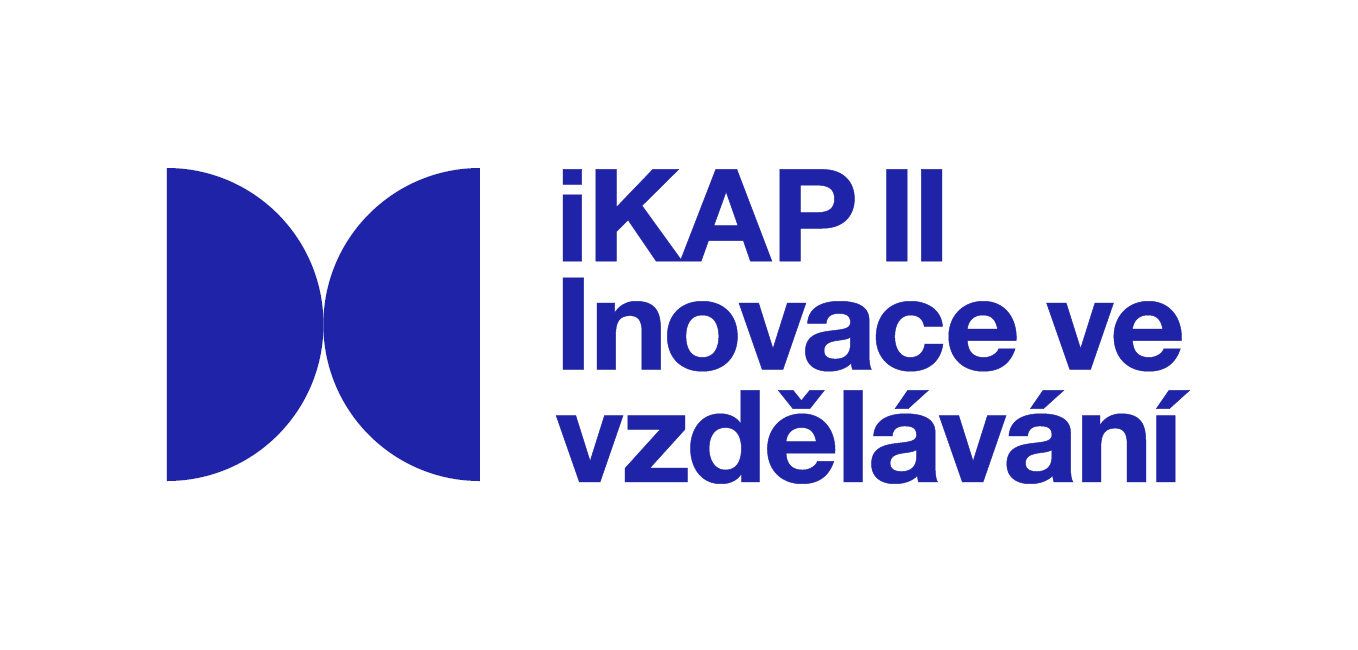| Project name: | iKAP II – Inovation in Education |
| ID code: | CZ.02.3.68/0.0/0.0/19_078/0021106 |
| Programme: | Operational Program Research, Development and Education – funded from the ESIF funds and the budget of the Capital City of Prague Call: 02_19_078 – Implementation of Regional Action Plans II |
| Project duration: | 06/2021 – 11/2023 |
| Budget: | 350 mil. CZK in total |
| Principal investigator at CIIRC: | doc. Ing. Lenka Lhotská, CSc. |
| Grant provider: | Capital City of Prague, co-funded by European Union |
| Main recipient: | City Hall city of Prague Coordinated by: Pražský inovační institut, z.ú. |
| Partners: | The project brings together 24 main partners: Non-profit organizations (e.g. Post Bellum, People in Need or Jules and Jim) Academic and educational institutions (Charles University, CTU, and others). |
| Website: | https://sites.google.com/prahainovacni.eu/ikap-ii-inovace-ve-vzdelavani/domovsk%C3%A1-str%C3%A1nka |
The iKAP II – Innovation in Education project responds to the current needs of schools and also takes into account the Education Policy Strategy 2030 (Ministry of Education) and the Regional Action Plan for Education Development for Prague. It is thus an important part of the system of change in education. It supports secondary, primary and nursery schools in Prague. The aim is to help schools introduce innovative management and teaching practices so that pupils learn in an environment that is fully supportive.
Activities:
Activity A:
The aim of activity a) is an innovative change in the teaching of polytechnic education in primary schools in Prague according to the intention of the Strategy of Educational Policy 2030+ and the update of the new RVP (part of computer and information thinking), which will be ensured by methodological and didactic (training, workshops, mentoring, MOOCs, FTE, etc.) support for teachers (primary schools), which will subsequently develop the CS teachers‘ abilities and skills to effectively use the present digital technology – mechatronic robotic kits for integration into teaching.
Activity B:
Activity B) aims to use cognitive training to develop the skills to independently induce the FLOW state and sustain it for a long period of time, leading to a significant increase in mental performance associated with positive emotional experience. The FLOW state is a technique that helps us maintain this optimal setting during any activity.
The project is co-financed by the European Union.



